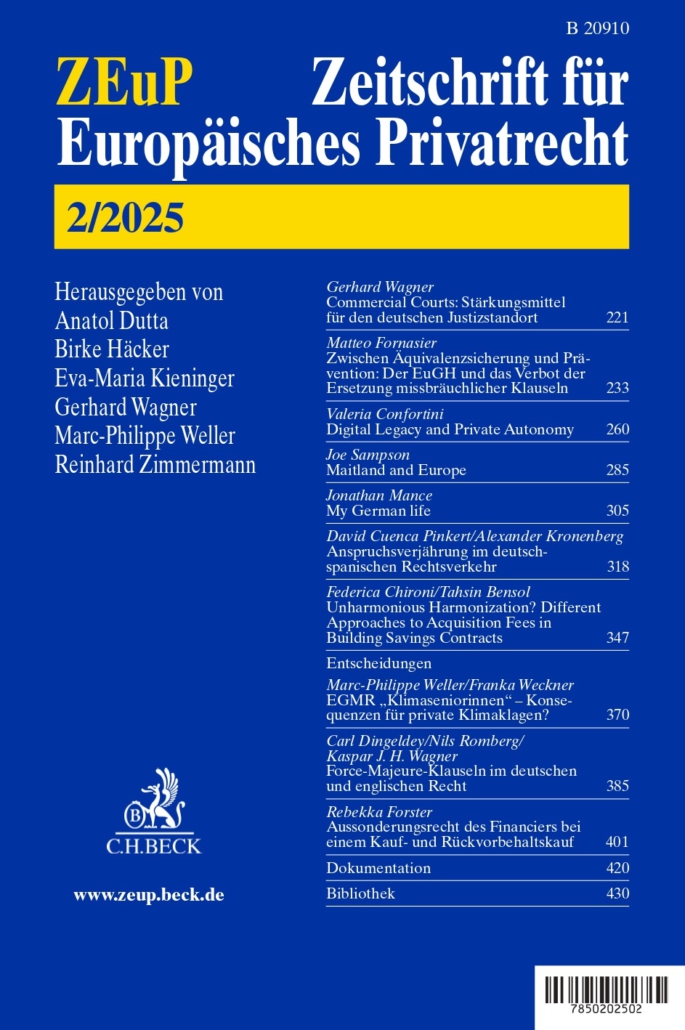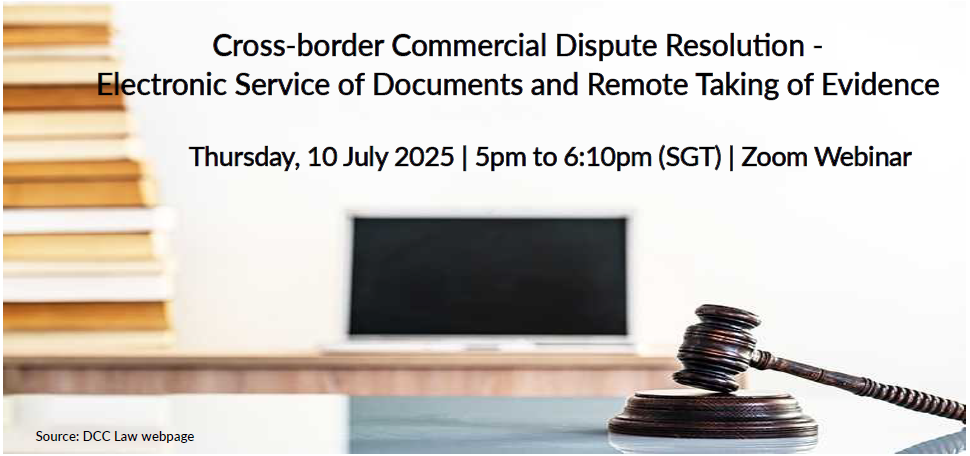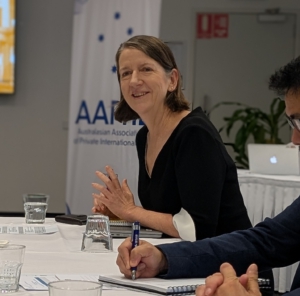AAPrIL’s June online seminar: The Law of the Arbitration Agreement – Australasian Perspectives
On Wednesday, 11 June 2025, the Australasian Association of Private International Law (AAPrIL) will hold its latest instalment of its online Seminar Series, as Timothy Lindsay of Lindsay Francis & Mangan presents on ‘The Law of the Arbitration Agreement – Australasian Perspectives’.
The topic:
Contracts with international arbitration agreements can engage a complex interaction of different laws: the governing law of the contract, the law of the seat, and the law of the arbitration agreement itself. Parties to international commercial contracts usually address the first two of these issues, but are often silent as to the law of the arbitration agreement. A light has recently shone on this well-known issue by the United Kingdom’s Arbitration Act 2025, which includes a new default rule for determining the law of the arbitration agreement, and similar changes to the Rules of the Singapore International Arbitration Centre, as well as developing case law in other jurisdictions. How might Australian and New Zealand courts react? Read more





